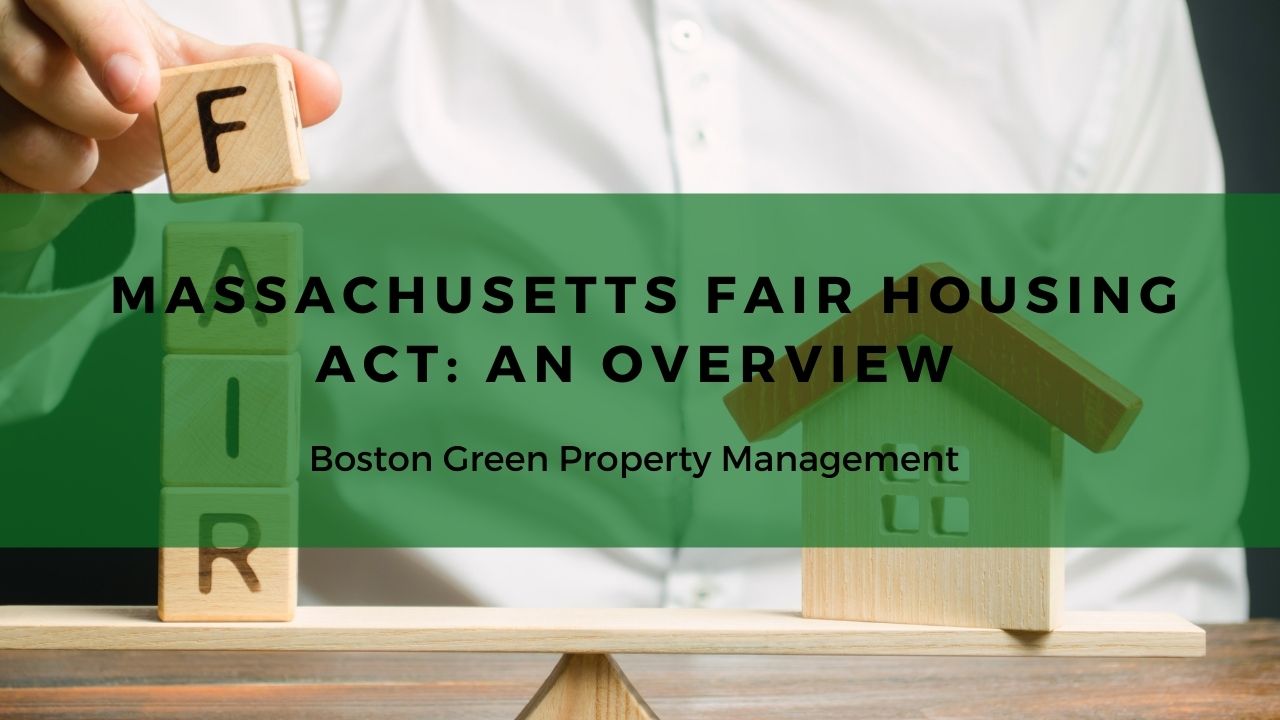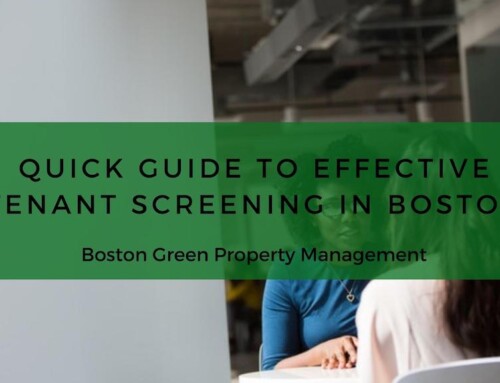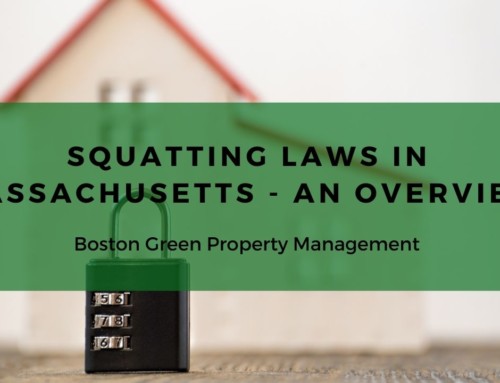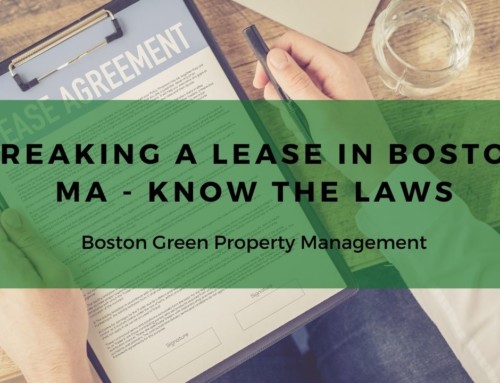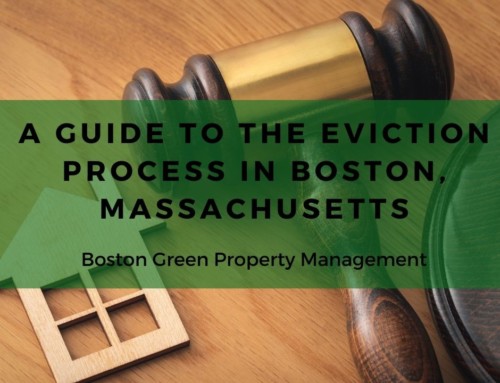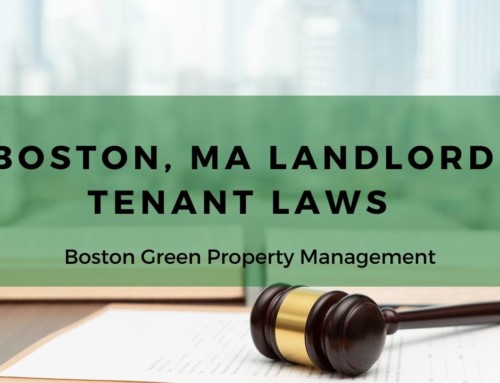Massachusetts landlords have many legal obligations when it comes to the lease agreement. Among the bevy of legal responsibilities is strict adherence to the Fair Housing Act.
According to the Fair Housing Act, you have a responsibility to treat your tenants fairly and equally in all matters. This applies to everything from screening them to enforcing the lease if it’s broken or handling the eviction process.
What is the Fair Housing Act?
The Fair Housing Act was passed by Congress in 1968. Its goal was to help end rampant housing discrimination that existed at the time. It was common for landlords to reject tenants on the basis of their characteristics, such as race, color, religion and sex.
The act was designed to eliminate all forms of discrimination when it comes to the sale, lending and renting of a home.
However, attempts at stamping out housing discrimination had begun much earlier. In fact, the enactment of anti-discrimination laws began as early as the 19th century. But it was only in the 1960s that the clamor for real change started.
The first two pieces of legislation that tried to address housing discrimination were the Rumford Fair Housing Act (1963) and the Civil Rights Act (1964).
The Rumford Fair Housing Act was passed by the California legislature to help end racial discrimination by property owners and landlords refusing to sell or rent their property to people of color.
A year later, the Civil Rights Act was passed by Congress. This prohibited discrimination on the basis of race, color, religion, sex, and national origin. The act was later expanded to include the protection of disabled Americans, the elderly, and women in collegiate athletics.

However, it wasn’t until four years later that the real change in housing was made. After a long and difficult journey, the Fair Housing Act was passed on April 11, 1968. The passage of the bill came just a week after the assassination of the Rev. Dr. Martin Luther King, Jr.
Today, the Fair Housing Act is only one of many acts under the Landlord-Tenant Laws.
What Does the Massachusetts Fair Housing Act Prohibit?
The 1968 Fair Housing Act prohibited discrimination on the basis of 4 protected characteristics which are race, color, religion, and nationality.
Six years later, the federal government expanded the original list to include gender as a protected characteristic. In 1988, the list was further expanded to include people with disabilities and families with children.
In total, the federal Fair Housing Act protects seven classes of people from any form of housing-related discrimination. That is race, color, religion, nationality, gender, disability, nationality, and familial status.
And since then, various state and local jurisdictions have added specific protections for their residents. In Massachusetts, additional protected characteristics are age, gender identity, criminal record, and sexual orientation. While squatters have rights, homelessness is not a protected class under the Fair Housing Act.
What Are Some Common Examples of Housing Discrimination?
The following are some actions that you should steer clear of as a landlord:
- Denying a prospective tenant the right to rent your home because they have children, are disabled or have any other protected characteristic
- Saying your rental apartment doesn’t have a vacancy when it does
- Charging a higher security deposit for certain tenants when the rent is the same
- Treating prospects differently based on their gender, national origin, sex, religion, color, race, or any other protected characteristic
- Steering a tenant away from a neighborhood or a section of a community that is primarily composed of a dominant ethnic or racial group
What Are Disability Rights in Housing in Massachusetts?
The Fair Housing Act considers a disabled person to be any of the following:

- A person who is regarded as having a physical or mental impairment that substantially limits at least one major life activity
- A person regarded as having a physical or mental impairment
- A person with a record of a physical or mental impairment
Disability discrimination can occur in any of the following ways:
- Refusing to rent to a tenant because of their disability
- Offering varying terms, conditions, or privileges to people living with disability
- Falsely stating that a unit isn’t available when it is to avoid renting it to a disabled tenant
- Making unnecessary inquisitions about the disability of a prospect
- Denying a request from a disabled tenant to make reasonable accommodations
Examples of reasonable accommodations include:
- Helping an applicant with a cognitive disability complete the paperwork
- Making an exception to a disabled tenant to have an emotional support animal
- Assigning a closer parking space to a resident with mobility issues
Examples of reasonable modifications include:
- Installing grab bars in the shower and toilet for a tenant with a high fall risk
- Making adjustments to the door pressure to make operating doors easier for someone with limited arm strength
- Installing a visual fire alarm for a deaf tenant
- Disconnecting the gas oven and installing an electric range for a person allergic to fumes
- Lowering kitchen cabinets for a person using a wheelchair
Are There Any Exceptions to the Fair Housing Act?
Yes, some exceptions to the Fair Housing Act do exist. The following groups are exempted.

- Members-only clubs and private organizations
- Owner-occupied homes having a maximum of 4 units
- Single-family homes that are rented or sold without agent services
Ways to Avoid Housing Discrimination When Renting Out Your Massachusetts Rental Property
1. Market Your Unit Properly
When creating a rental ad, avoid any statement that shows preference or limitation to a particular group of tenants. Avoid statements such as: “Males Preferred,” “Ideal for Single Professionals,” or “No Children.”
2. Make the Necessary Accommodations and Modifications for Disabled Tenants
Disability is one of the protected characteristics under the Massachusetts Fair Housing Act. Even if you don’t allow pets into your property, the Fair Housing Act demands for an exception to disabled tenants.
3. Screen Tenants the Right Way
While you have a right to screen tenants, the process should be free from any discriminatory questions. Don’t ask questions such as “Where are you originally from?” or “Are you married?”
Bottom Line
The Fair Housing Act is an important legislation that every Massachusetts landlord needs to know. Do you have a question regarding this content or any other aspect of property management? If you do, Boston Green Property Management can help! Get in touch for our expert advice.


